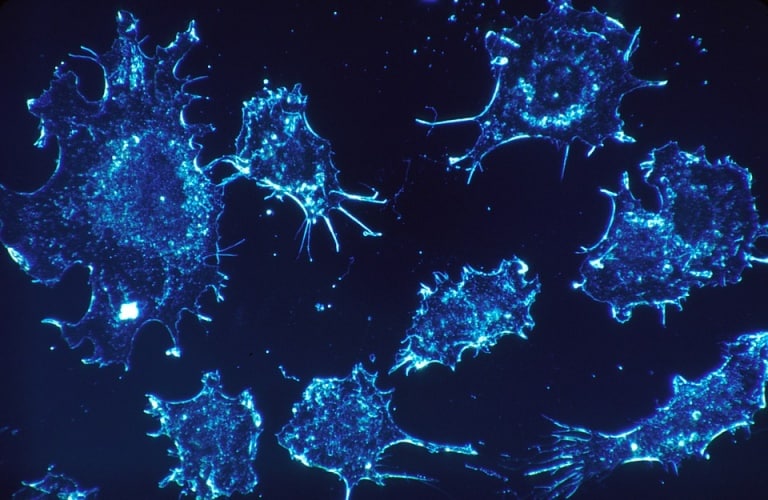Biocompatible nanotubes promise better cancer targeting
New biocompatible nanotubes developed by UK researchers have the potential to target cancer cells better than treatments such as chemotherapy, according to a new study.

Led by Dr Ben Newland from Cardiff University’s School of Pharmacy and Pharmaceutical Sciences, the study tested the effectiveness of nanotubes made from a non-toxic polymer called poly(ethylene glycol). Unlike existing nanotubes, these new variants are soft, flexible and biocompatible.
"With the development of a brand new type of nanotube, we are in unchartered territory,” said Dr Newland. “We are in the early stages of this research, but it's exciting to think about the potential improvements in the way that drugs are delivered."
Alongside Cardiff University, researchers from the Leibniz Institute of Polymer Research in Dresden and Strathclyde University also contributed to the study. The team explored how effective the new nanotube could be in treating breast cancer, delivering the same dose of the drug Doxorubicin locally as well as via the bloodstream. It was found that the nanotube delivery method resulted in a reduction in both the rate of metastasis and the rate of tumour growth, leading the researchers to conclude that it has the potential to improve cancer therapies.
Register now to continue reading
Thanks for visiting The Engineer. You’ve now reached your monthly limit of news stories. Register for free to unlock unlimited access to all of our news coverage, as well as premium content including opinion, in-depth features and special reports.
Benefits of registering
-
In-depth insights and coverage of key emerging trends
-
Unrestricted access to special reports throughout the year
-
Daily technology news delivered straight to your inbox










UK Enters ‘Golden Age of Nuclear’
The delay (nearly 8 years) in getting approval for the Rolls-Royce SMR is most worrying. Signifies a torpid and expensive system that is quite onerous...